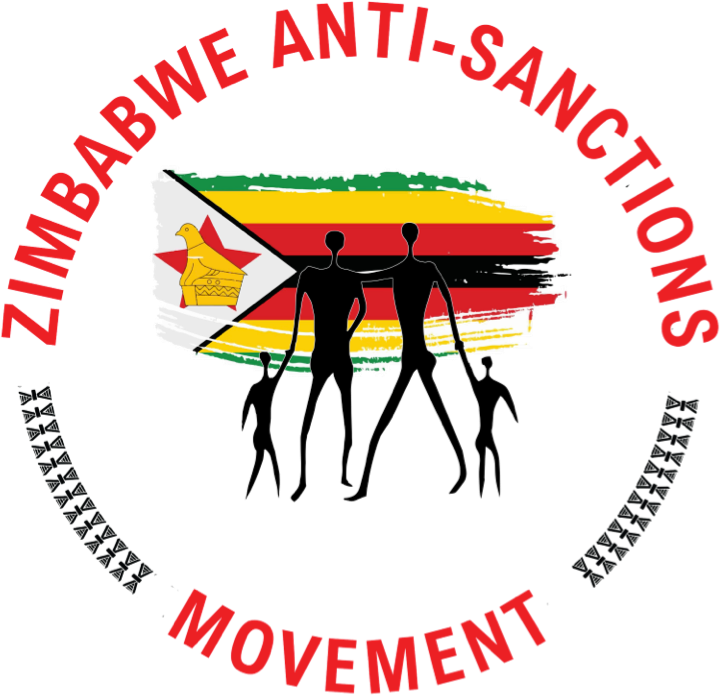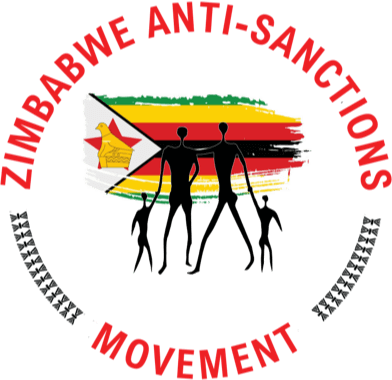Source: Xinhua| 2022-11-18 00:59:45| Editor: huaxia
by Tafara Mugwara
HARARE, Nov. 17 (Xinhua) — Sanctions imposed on Zimbabwe over two decades ago by the West is a tool of neo-colonialism and a form of economic warfare, a Zimbabwean anti-sanctions campaigner has said.
“These sanctions are a tool of neo-colonialism, they come from the same toolbox of the coercion that was used to enslave Africans and the coercion that was used to colonize Africans,” said Rutendo Matinyarare, an anti-sanctions campaigner and Chairperson of the Zimbabwe Anti-Sanctions Movement (ZASM).
ZASM is an amalgamation of organizations and individuals from different anti-sanctions institutions, and it seeks to challenge the sanctions on Zimbabwe.
Western countries, led by Britain and the United States, imposed sanctions on Zimbabwe in 2001 and 2003 respectively over differences with Zimbabwe on its land reform program. While the EU has eased its sanctions over the years, the United States still maintains the sanctions.
They argue that the sanctions are targeted at a few individuals. But the Zimbabwean government and analysts say their impact is being felt throughout the whole economy, with ordinary citizens bearing the brunt.
“Sanctions were imposed to slow down Zimbabwe’s human development, to slow down Zimbabwe’s economy so that indigenization would not be successful and land reform would also be a failure,” Matinyarare told Xinhua.
“So economic sanctions are a form of warfare that is prohibited in wartime by the Geneva Convention, and also prohibited in peacetime by a number of resolutions, conventions and international legal customs,” Matinyarare added.
Furthermore, he said sanctions are used to coerce resource-rich nations like Zimbabwe to give control of their economies and resources back to former colonial powers thereby making Africa dependent.
“So sanctions are there to cripple our economy, cripple access to capital, cripple technology exchange, cripple technology transfer and cripple our ability to rise up the learning curve and to learn to produce our own industrial products and to get savings that will start to develop us into developing nations that will become developed nations tomorrow,” Matinyarare said.
Earlier this year, ZASM sued the U.S. government and South African financial institutions at the Gauteng High Court in South Africa over the sanctions.
Matinyarare said the implementation of extraterritorial sanctions and over-compliance by South African banks and international banks domiciled in South Africa has seen Zimbabweans being deprived of banking services and their human rights without trial and without court orders.
BUSINESSES BEAR THE BRUNT
Zimbabwean entrepreneurs say they have largely fallen victim to the sanctions. Celia Rukato, founder of Chjaa Enterprises, a textile print and garment manufacturing company based in Harare, is one of the entrepreneurs who have to face the daunting challenges of exporting products to clients on a daily basis.
Like many modern retailers, her brand has utilized online platforms to reach out to a larger customer base in and outside Zimbabwe.
However, she said international payment options have been a problem for Zimbabwe-registered businesses due to Western sanctions.
“There are certain companies that are not allowed to interact or work with Zimbabwean-based companies,” Rukato told Xinhua. “Take PayPal for example, we don’t have access to PayPal because it’s an America-based company.”
“We have to make alternative plans that cause the customers to pay more for transaction costs or a middleman’s commission in a third country,” Rukato said.
Rukato said sanctions-related barriers have also resulted in Zimbabwe-based startups missing out on opportunities and funding because they were not allowed to apply for or get access to certain grants.
Denford Mutashu, President of the Confederation of Zimbabwe Retailers said the Zimbabwean economy is reeling from the effects of sanctions.
“Remember the economy suffered more than 40 billion (U.S. dollars) loss as a result of direct and indirect results of the sanctions. The business operating environment changed for the worse and foreign direct investment ceased to flow into the country.
During her visit to Zimbabwe last October, the UN Special Rapporteur on unilateral coercive measures Alena Douhan also highlighted the negative effects of the sanctions in a preliminary report released at the end of a 12-day visit to Zimbabwe, saying unilateral sanctions have greatly affected the ease of doing business in the country.
“Unilateral sanctions against natural and legal persons of Zimbabwe, in conjunction with secondary sanctions, zero-risk policies and over-compliance are exacerbating the economic and humanitarian crisis, forcing the Zimbabwean government, banks, public institutions, private companies and individuals to look for alternative ways to participate in international trade by involving third parties, using alternative informal non-transparent mechanisms of trade and payments, thus adding to corruption rather than suppressing it,” Douhan said. ■



